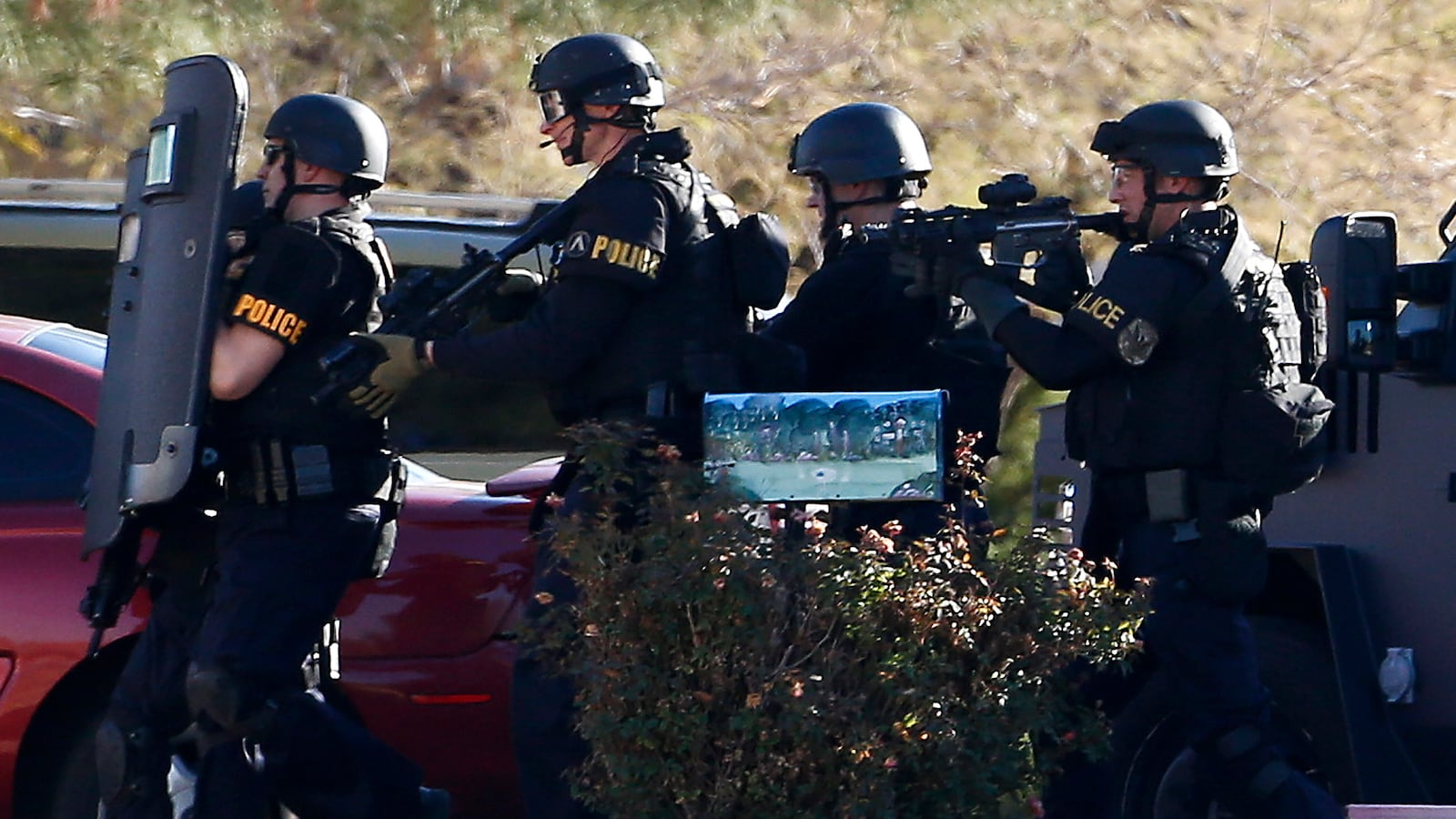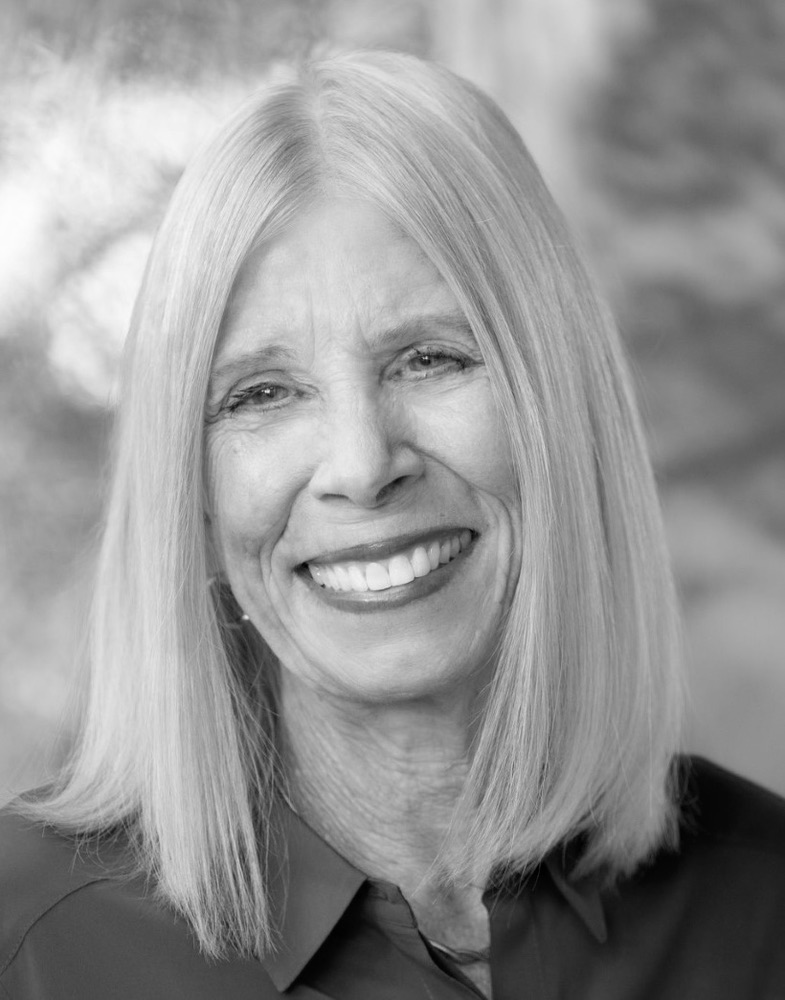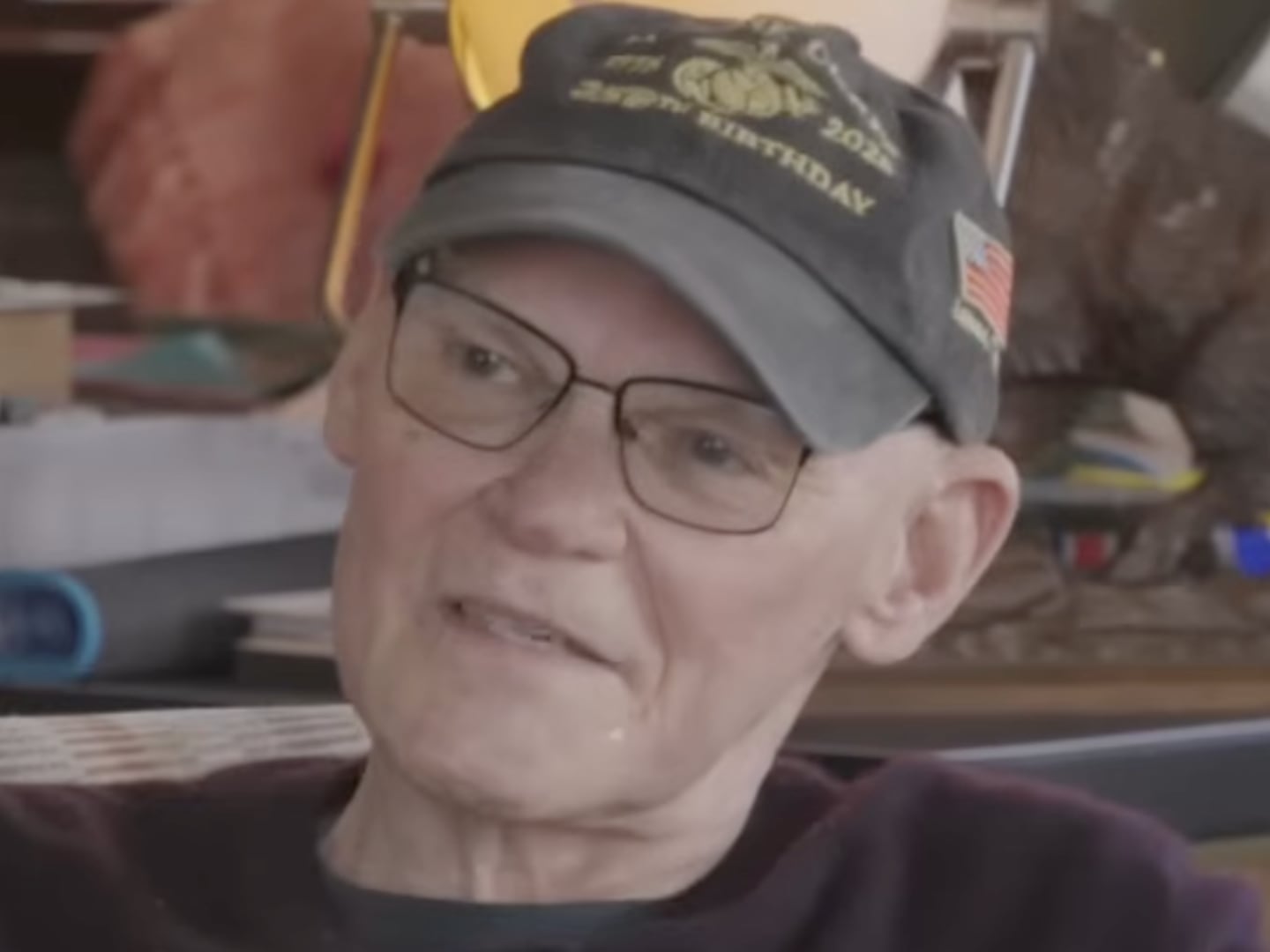
As former Arizona congresswoman Gabrielle Giffords was testifying on Capitol Hill on Wednesday about the urgent need for gun control, a man in her home state was killed in an office shooting spree.
Steven D. Singer, 48, was the CEO of Fusion Contact Centers, a Scottsdale company that provides its clients with technical-support, billing, and other services. Singer, whose company is involved in litigation with a man police have identified as a “person of interest” in the shooting, had been attending a mediation session at a law firm within a Phoenix office complex.
Back in Washington, Giffords’s husband, astronaut Mark Kelly, interrupted his own testimony to break the news about the Phoenix shooting. “While we are having this hearing,” a seemingly incredulous Kelly told senators, “there is another what seems to be possibly a shooting with multiple victims.”
Meanwhile, just a few miles west of the shooting, Arizona lawmakers prepared for the first committee hearing on a proposed bill that would bar enforcement of any new federal laws restricting semiautomatic weapons and high-capacity magazines.
“These things are getting out of control,” says officer James Holmes, a spokesman for the Phoenix police. As Holmes points out, these types of shootings have been happening around the country “for years and years and years,” but recent national events have now brought them to the forefront. “We are all concerned, and because we are all concerned, anything that happens outside of a drug deal gone bad will be of national interest until we figure out what to do. The country is still crying over Sandy Hook.”
Around 10:30 a.m. Wednesday, police reported that three people had been shot in the Phoenix complex, a three-story structure home to about 10 to 15 businesses. The alleged shooter, identified as 70-year-old Arthur Douglas Harmon, had apparently gotten into an altercation in the lobby with Singer and employees of the law firm Osborn Maledon.
When police arrived, according to Holmes, the scene was chaotic. Officers had to evacuate more than 100 people and tend to the wounded, all while trying to locate a suspect.
Singer was transported to a hospital in extremely critical condition and later died. Two other gunshot victims, one a female, suffered non-life-threatening injuries. Another two received treatment related to stress.
Holmes said the shooter, who at the time was identified as a white man in his 60s, somehow escaped the police dragnet and drove off in a white car. “We have every available officer in the city working on this,” says Holmes. “We have hundreds of officers on it.”
One of the surviving victims, Mark Hummels, 43, was reportedly shot in the head and the neck after walking out of the mediation. Hummels, a former government reporter with a Santa Fe, New Mexico, newspaper, specializes in business disputes, real-estate litigation, and legal malpractice defense and is president of the Phoenix chapter of the Federal Bar Association.
Police have not revealed a motive in the case. But according to a lawsuit filed in Maricopa County, Hummels represented Fusion Contact Centers in its 2012 litigation with Harmon, a furniture refurbisher. The lawsuit centered around Harmon’s claim that he was a “victim of a scam” that “hurt and injured his health and strength” and caused “severe shock to his nervous system and person,” resulting in ongoing “mental and physical nervous pain and suffering.”
In court papers, Fusion claimed it contracted with Harmon early last year to dismantle, refurbish, and reinstall furniture in a California call center. Fusion paid Harmon over $29,000 in advance, but when Harmon inspected the furniture he claimed it could not be refurbished. Fusion canceled the deal, but by that time Harmon had moved the furniture to Arizona and was paying storage on what he called “206 worthless workstations.”
Fusion told Harmon to sell the furniture. Harmon said it wasn’t worth anything. Then Harmon sued Fusion for lost wages, damages, and storage fees. Fusion countersued for breach of contract and damages, claiming that Harmon destroyed internal cables in the call center when he dismantled the furniture.
The case was sent to arbitration, and a hearing was scheduled for 9:30 a.m. Jan. 30, the same day as the shooting.
Shortly after the shooting, Phoenix police detectives and SWAT officers descended on Harmon’s home, in a quiet middle-class neighborhood in north Phoenix, but he wasn’t home. (Attempts to call the home also went unanswered.)
Sara Hawkins, who lives about half a block away from the house, says Harmon appeared to be an amiable guy who liked to sit on his front porch and wave at neighbors. He was meticulous about his house, manicuring the lawn in front and desert landscaping on the side, she said.
However, she said, he had recently attempted some sort of remodeling, but never completed it. The unfinished construction is covered by what appears to be a tarp, she said.







